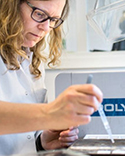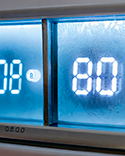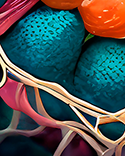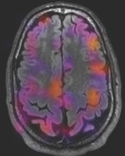Core facilities contentpage
The Bioimaging Core Facility provide state-of-the-art equipment for a wide range of light microscopy applications. All system setups are designed to cover most bioimaging applications with a strong focus to meet future requirements and minimize complexity towards the users. The Bioimaging Core Facility focus on microscopy knowledge sharing and in addition they offer access to advanced bioimaging software, expertise in image data analysis, and project based microscopy education.
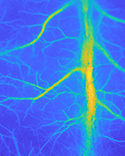
We specialise in cardiovascular and metabolic phenotyping in the broadest sense - both for researchers at the department and for external clients. We mainly focus on cardiovascular phenotyping, but also offer advice, guidance and technical assistance on general surgeries, blood sampling and tissue collection.
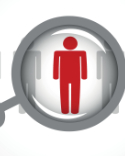
CONNECT is a consulting service helping researchers make use of health data in personalized medicine research. We offer 10 hours of research support free of charge within our areas of expertise: register-based research, statistical analysis, data management, bioinformatics, and genetic analysis. We can help in any stage of your project, from study design and methodological considerations to analysis and interpretation of data. CONNECT can also help answer some of the legal questions arising when working with health data.
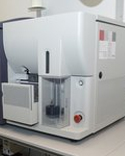
The FACS core facility is equipped with three cell sorting instruments: Two FACSAria IIIs and one MoFlo Astrios. In addition, the FACS core facility also has two analysers at its disposal; a LSRFortessa with 4 lasers as well as a NovoCyte with 3 lasers. Furthermore, facility users have access to a combined microscope and flow cytometer – an ImageStream. The FACS core facility provides services to all research groups at Aarhus University. Researchers from other universities and from business and industry are also welcome.

GenomeDK is a high-performance computing facility, dedicated to genomics and life sciences, which offers access to 6400 cores and 12 PB of storage. This makes it possible for users to run very intensive computations using a lot of data in a secure environment. We provide services to researchers at Aarhus University, other universities, as well and small and medium-sized enterprises.
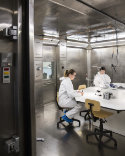
Aarhus University's climate chambers are among the best in the world for studying how environmental conditions affect human health. In the climate chambers we can conduct experiments that require precise and documented exposure to specific climatic conditions. These may be e.g. a desert climate (dry-warm), Artic climate (dry-cold) or tropical climate (humid-warm).
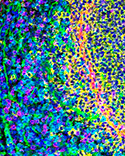
The Mass Cytometry Unit provides equipment and service for both suspension mass cytometry (SMC, CyTOF, Helios) and imaging mass cytometry (IMC, Hyperion). SMC mixes the fundamentals of flow cytometry with suspension mass spectrometry, and IMC allows the analysis of tissue samples with laser scanning spatial resolution. MCU provides services to all research groups at Aarhus University. Researchers from other universities and from business and industry are also welcome.
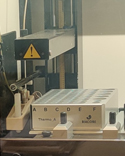
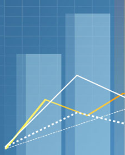
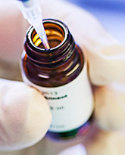
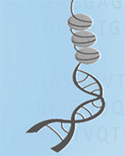
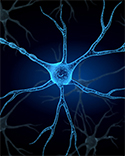
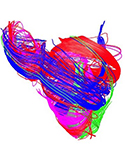

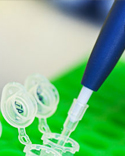
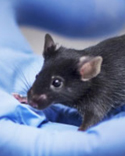
![[Translate to English:] Billede af gris](/fileadmin/www.health.au.dk/Forskning/core/minipig_JesperRais_3906-125x156.jpg)

